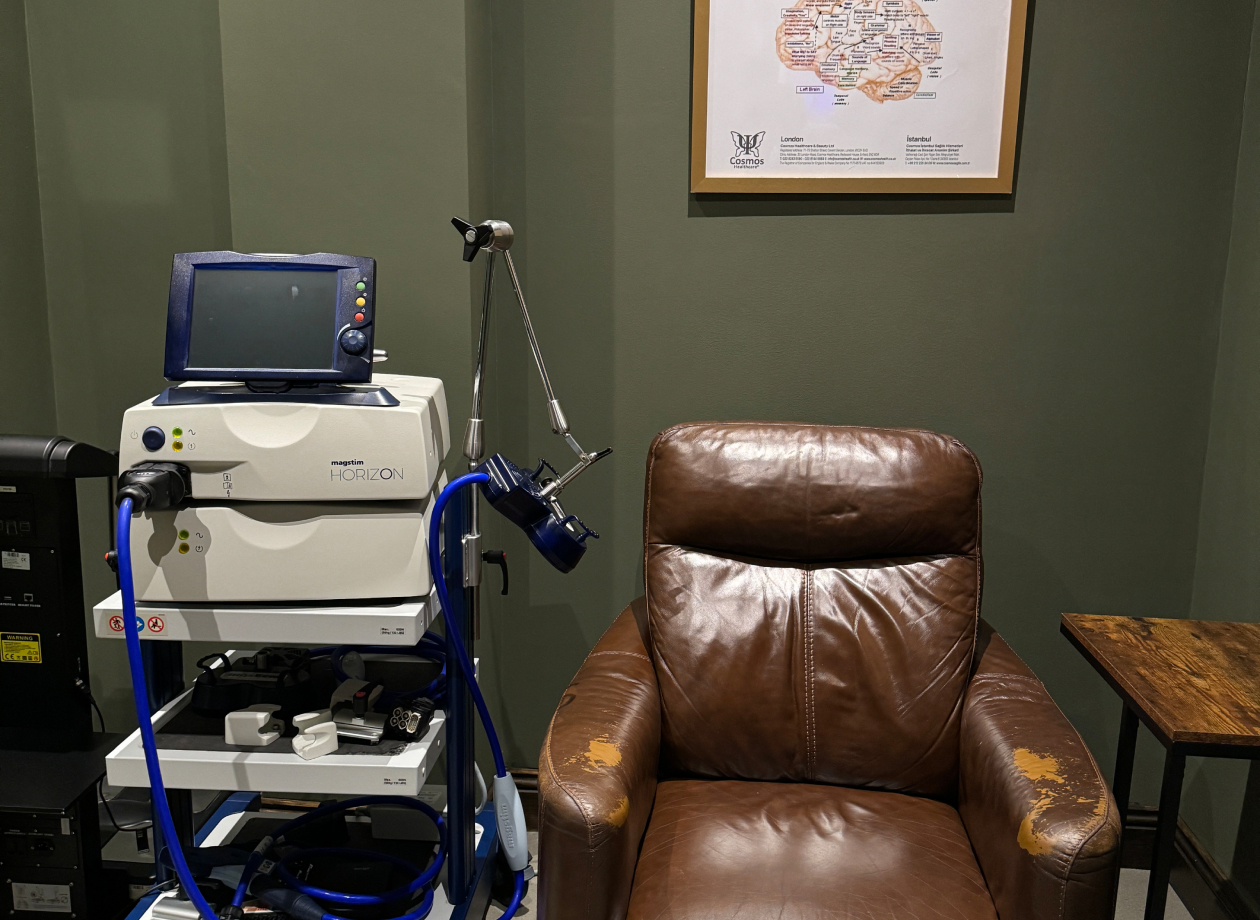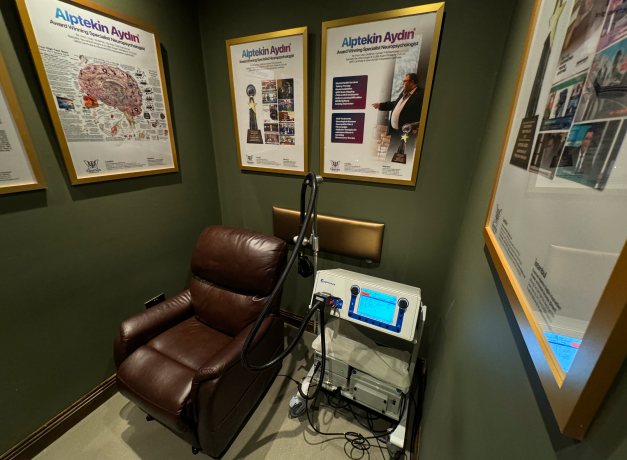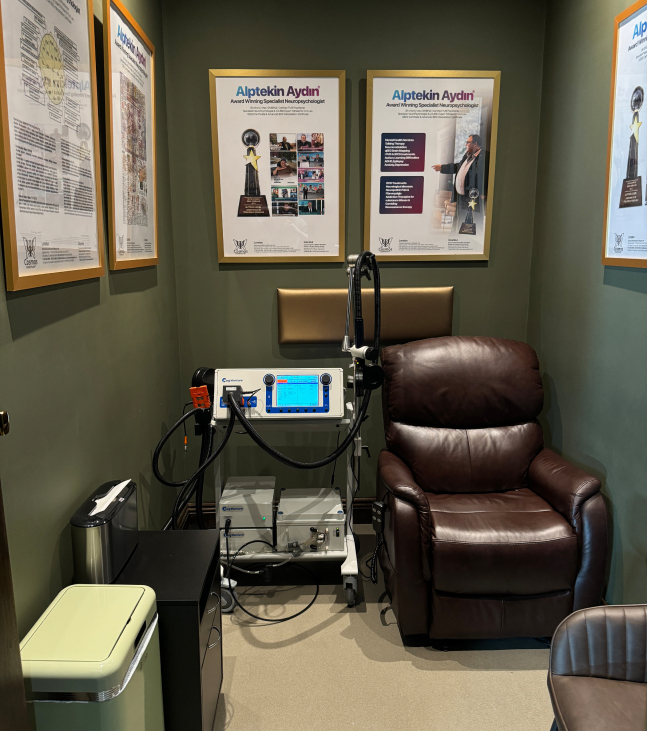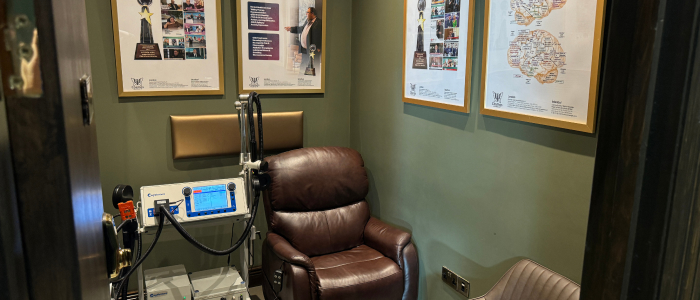tDCS: enhancing brain activity for therapeutic benefit
tDCS operates by modulating neuronal activity and enhancing synaptic plasticity. This is achieved through the application of low-intensity current via electrodes placed on the scalp.
This method boosts brain activity in targeted areas, augmenting the brain's natural processes and facilitating the development of new neural connections.
Importantly, the PlatoWork headset, a key tool in tDCS therapy, amplifies existing neural activity rather than generating new activity, thereby supporting the brain's inherent ability to adapt and grow.


Accessibility and Safety of tDCS
The true innovation lies in making this technology accessible for home use, providing a straightforward means for individuals to benefit from tDCS's therapeutic potential.
With research backing its efficacy, particularly in depression treatment, tDCS represents a side effect-free option for modulating neural activity. Its mild side-effect profile allows for seamless integration with other treatments, offering a significant reduction in depressive symptoms following several weeks of sessions.
tDCS: A Safe, tolerable intervention for children.
Evidence supports the safe and tolerable use of tDCS in children as young as 4 years old, across a spectrum of disorders. Any use of tDCS in children should be carefully weighed against alternative options, planned within a multidisciplinary framework and overseen by clinicians who are experienced in paediatric neurodevelopment and, where relevant, working within services that meet national regulatory requirements.
Adjustments in intensity and duration are made for younger participants, highlighting the importance of tailoring treatment to individual needs.
Parental feedback has been overwhelmingly positive, particularly in contrast to the side effects associated with pharmacological treatments.
tDCS in treating addiction and pain.
Beyond depression, tDCS has shown promising results in addiction treatment, demonstrating reduced cravings in individuals struggling with overeating and smoking, among others.
Furthermore, its application in pain management has revealed a notable decrease in perceived pain levels, underscoring tDCS's versatility as a therapeutic tool.

tDCS in treating addiction and pain.
Beyond depression, tDCS has shown promising results in addiction treatment, demonstrating reduced cravings in individuals struggling with overeating and smoking, among others.
Furthermore, its application in pain management has revealed a notable decrease in perceived pain levels, underscoring tDCS's versatility as a therapeutic tool.
The future of tDCS
tDCS stands as a testament to the progress in neurostimulation therapies, offering a safe, effective, and accessible treatment option for individuals across all ages. As research continues to evolve, tDCS may have a role as an adjunctive option in selected neurological and psychiatric conditions, when used within responsible clinical frameworks.
For those interested in exploring the benefits of tDCS for themselves or loved ones, further information and product details are available at PlatoScience.com.

